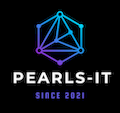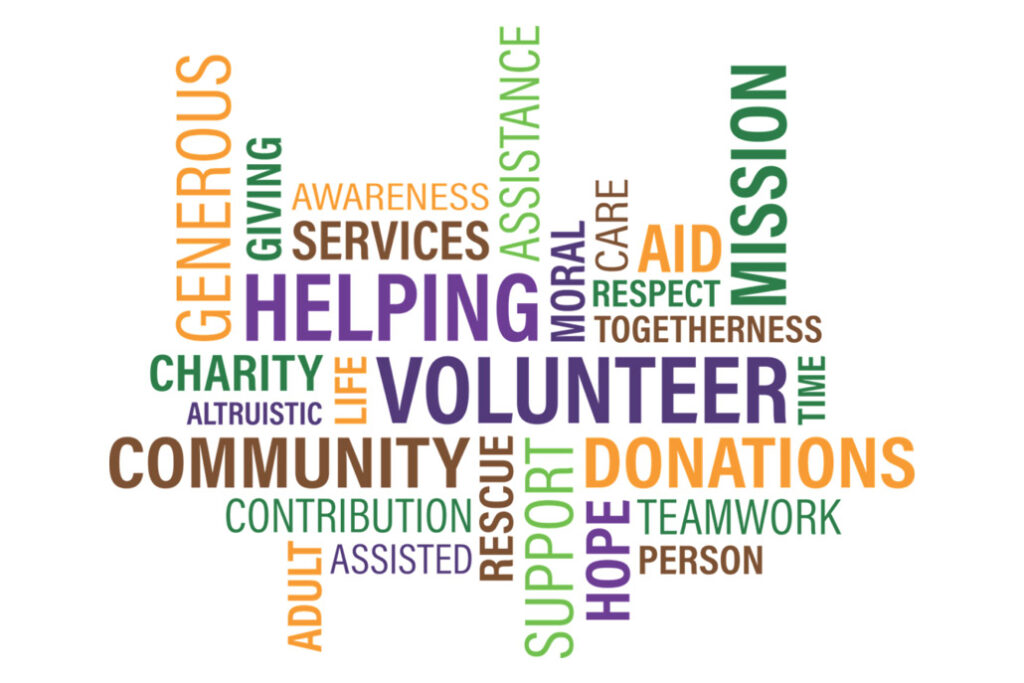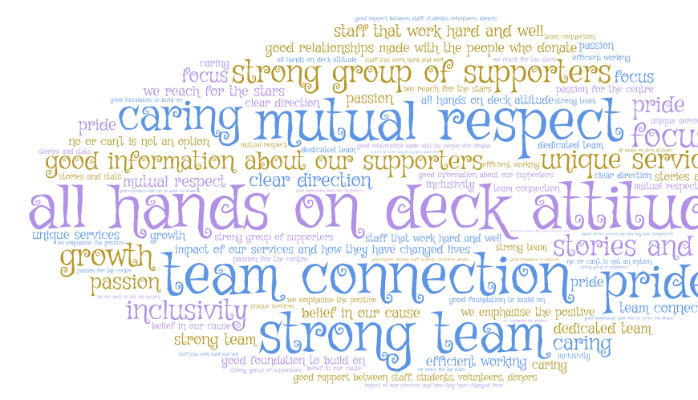Our value-added services help provide you a competitive edge
IT Support & Service Management
Reliable, scalable support services and service management with high-quality tools, available 24/7.
App Development & Migration
Efficient, low-code solutions using Microsoft’s Power Platform to simplify development and migration.
Productivity & Hosted Desktop
Optimized solutions designed to enhance user performance and drive everyday productivity.
Security Services
Safeguard your business from evolving threats with our comprehensive security solutions.
Business IT Support
Empowering your business with modern technology as the backbone for success.
Microsoft Azure
We help organizations build flexible, scalable cloud infrastructures using Microsoft Azure.
Disaster Recovery & Business Continuity
Secure your operations, data, and reputation with dependable cloud-based backup and recovery services.
Office 365 Support
Expert support and guidance to maximize your team’s productivity with Microsoft 365.
Consultancy & Analytics
Advisory services and analytics designed to harness technology for better performance and smarter decision-making.





